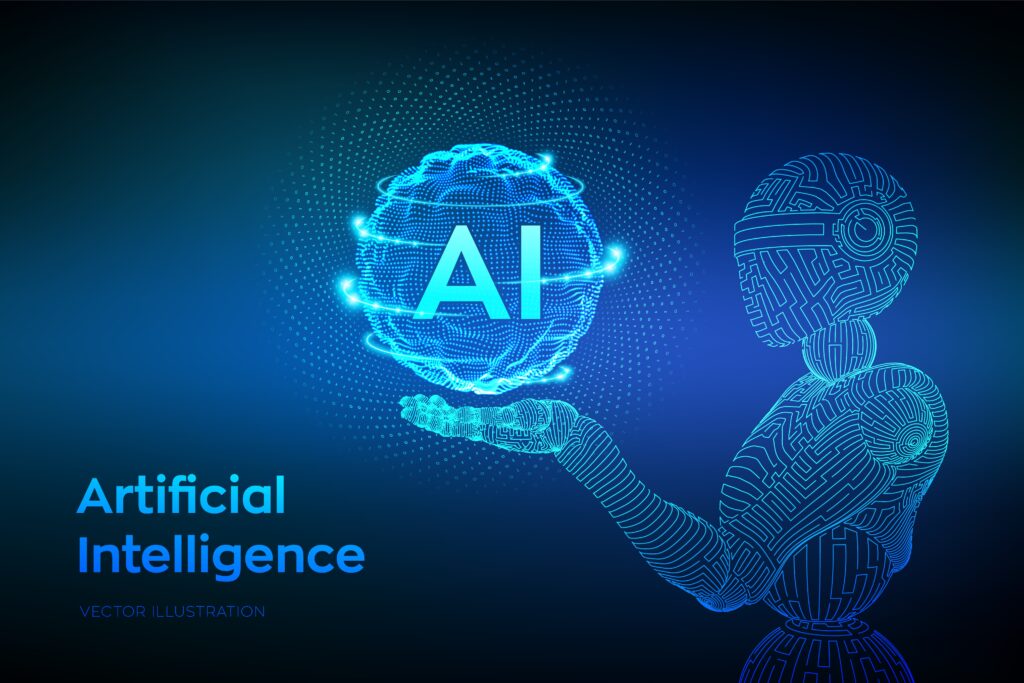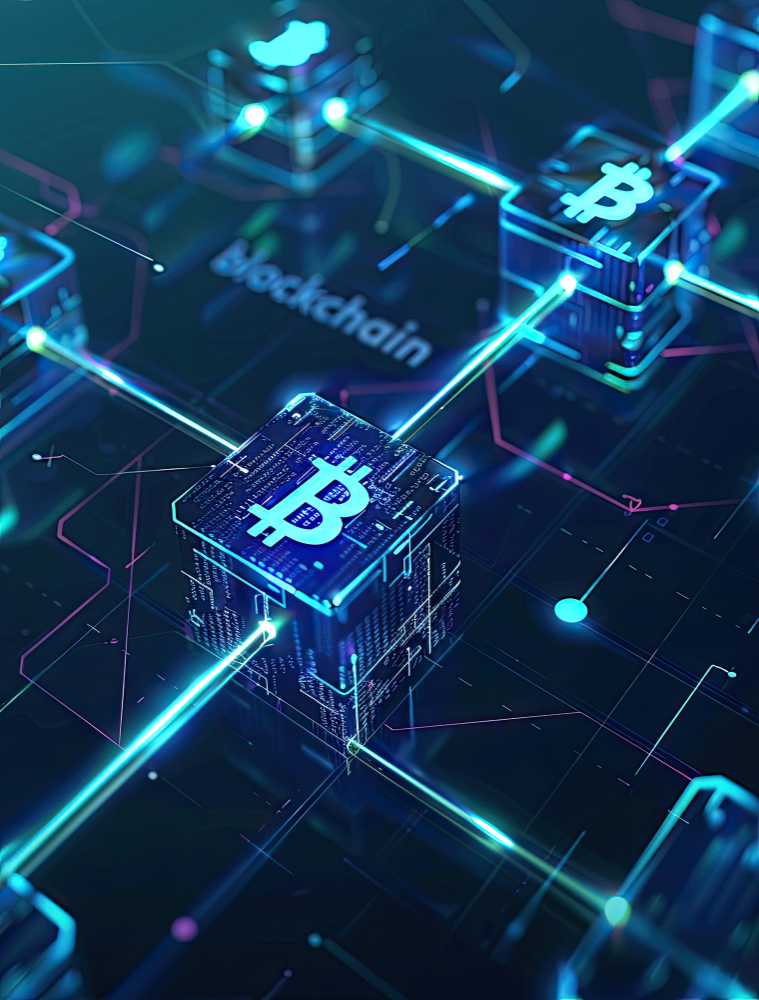Introduction
The instantaneous evolution of digital technologies is transforming industries, economies, and societies across the universe. Innovations such as artificial intelligence (AI), blockchain, the Internet of Things and 5G connectivity are driving improvement in efficiency, approachability, and the nature of human interactions. This article examines the significant ways in which digital technologies are influencing our world, along with their advantages, challenges, and future ramifications.
The Emergence of Digital Technologies
Artificial Intelligence and Machine Learning

AI and machine learning are ruling the charge in digital transformation. These technologies allow computers to process huge datasets, identify patterns, and make independent decisions. AI-driven applications are being utilized across various fields, as well as healthcare, finance, and e-commerce, resulting in improved efficiency and precision.
Notable Effects of AI
Healthcare: AI-enhanced diagnostics, robotic surgical procedures, and guessing analytics for disease prevention.
Finance: Sensing of fraud, algorithmic trading, and customer service automation through chatbots.
Retail & E-commerce: custom-made shopping experiences and automated inventory control.
The Internet of Things
IoT make possible the connection of physical devices to the internet, enabling them to gather and share data in real time. This technology is boosting automation and efficiency across multiple sectors, including smart homes, smart cities, and industrial automation.
Notable Effects of IoT:
Smart Homes: IoT-combined thermostats, lighting systems, and security cameras enhance convenience and safety.
Healthcare: Remote observe of patients and smart medical devices improve access to healthcare services.
Manufacturing: Predictive maintenance and automated production processes enhance operational efficiency.
Blockchain Technology
Blockchain, a decentralized and secure digital ledger system, is reorganize financial transactions, supply chains, and data security. It promotes transparency, mitigates fraud, and facilitates secure digital agreements through smart contracts.

